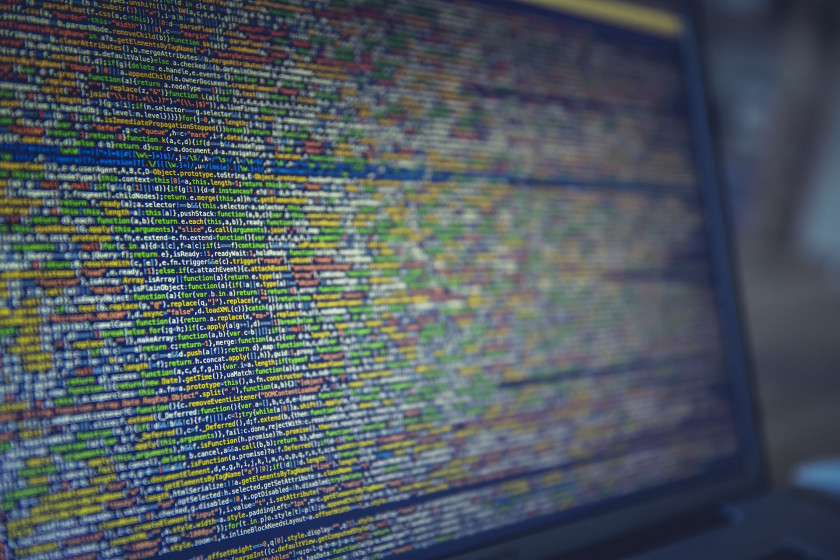You can’t see what’s going on at the back-end, so why would the quality, cleanliness, and the overall feel of you code matter?
Let’s use a metaphor for this one
So, you bought yourself a car. A fancy one, an expensive one. It looks amazing. You enjoy everything about it, starting with picking up the keys from the desk. You love hearing the clicking sound when unlocking the doors. You enjoy sitting down and placing your hands on the wheel.
Then, you press the button. You hear the roar of your American V8 that’s ready for action and have absolutely no doubts about the beast that’s under the hood. It’s just as much about the looks, as it is about the speed, reliability, and people turning their heads. You know you’ll get far with this car. You’re sure that the Engine check light won’t turn on anytime soon.

